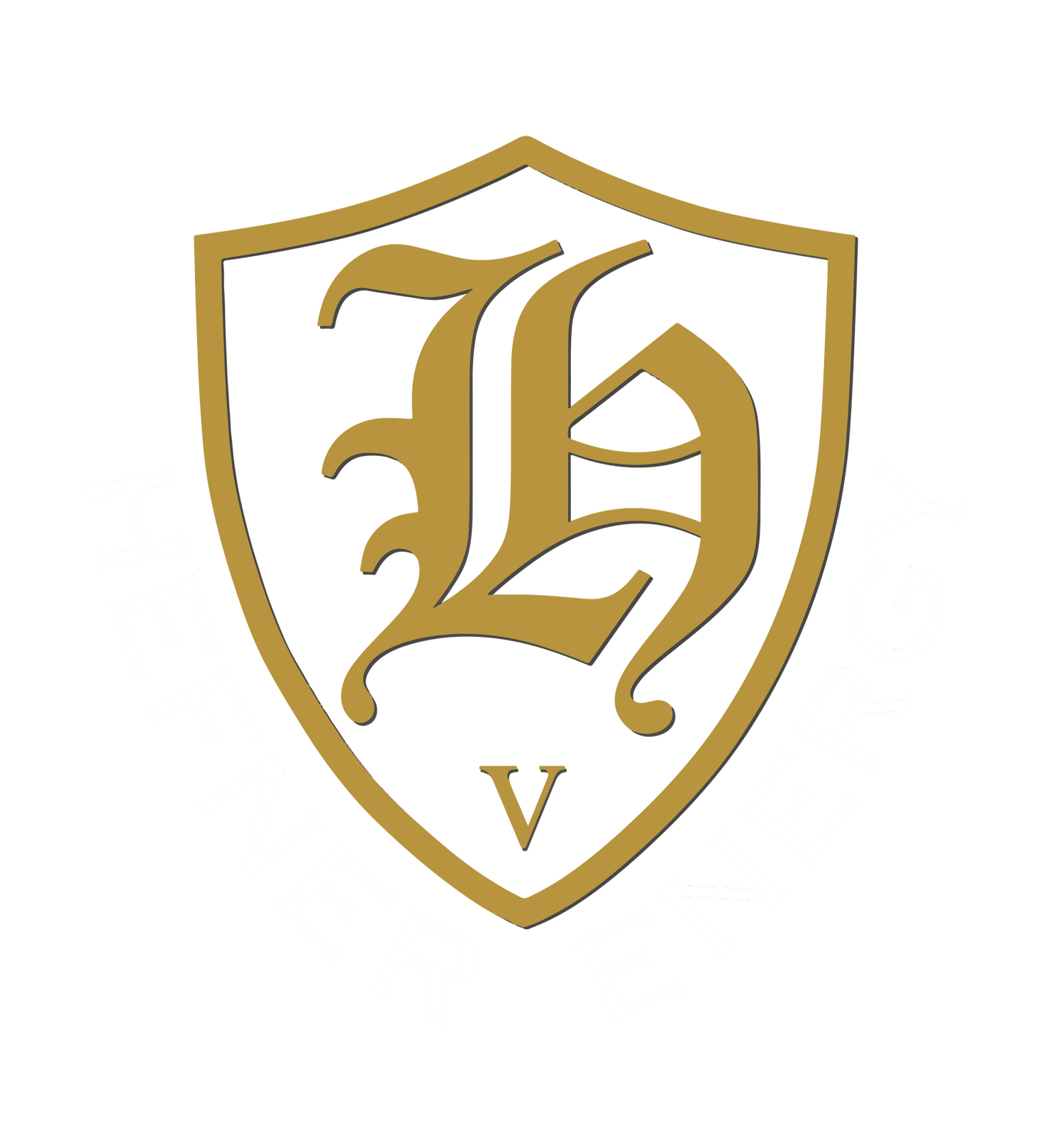Environmental Concerns Over Drilling Drive Producers to Seek Alternative Technology, Creating Business Opportunities
By BEN CASSELMAN
Natural-gas producers are searching for more environmentally friendly ways to get the increasingly popular fuel out of the ground.
Big players such as Devon Energy Corp., Southwestern Energy Co. and Newfield Exploration Co. are experimenting with ways to recycle waste water, use nontoxic chemicals for drilling and eliminate the need for some chemicals altogether. Companies that offer such technology —including long-standing oil-service giants like Halliburton Co. as well as new competitors, one of which is backed by former football quarterback Drew Bledsoe—have spotted an opportunity.
Hydraulic fracturing—in which millions of gallons of water, sand and chemicals are injected deep into the ground to crack open gas-bearing shale, allowing gas to flow to the surface—has been used for decades but has become far more common in recent years, unlocking huge reserves of gas in Texas, Pennsylvania and other states.
But environmental groups and some residents of gas-producing areas have become concerned that the process uses too much water and could contaminate water supplies. A U.S. House committee is investigating hydraulic fracturing, commonly
known as "fracking" or "fracing," and some congressional Democrats have called for increased regulation.
The industry says that fracturing has never been conclusively linked to water contamination, and that gas extraction uses less water than coal mining, nuclear power and other types of energy production.
But as political pressure has increased, companies have increasingly looked for ways to cut down on water and chemical use. That has been especially true in Pennsylvania and New York, where local worries about water use and contamination have threatened to slow development of the massive Marcellus Shale gas field.
"The number one issue up in the Marcellus is water," said Stephen Campbell, vice president of investor relations for Newfield Exploration. Environmental groups say they welcome anything that could allow gas to be extracted more safely, but want evidence that the technologies work as promised. "We need the details," said Amy Mall, a senior policy analyst for the Natural Resources Defense Council. "I know this industry can innovate. I know this industry can do better, so let's see them do it.
To address concerns over chemicals, companies are trying to develop non-toxic alternatives to the substances usually used in the fracturing process to kill bacteria, reduce friction and prevent mineral build-up. Major oilfield service companies such as Baker Hughes Inc. and Schlumberger Ltd. are experimenting with environmentally friendly chemicals, which were initially developed for offshore drilling. Halliburton, the second-biggest services company by revenue, is using ultraviolet light to kill bacteria, eliminating the need for toxic chemicals.
Among the smaller companies, South Carolina-based Integrated Environmental Technologies Ltd. makes a nontoxic alternative to gluteraldehyde, which is commonly used to kill bacteria that can grow in gas wells. Stuart, Fla.-based Ecosphere Technologies Inc. claims to eliminate the need for antibacterial chemicals altogether by killing bacteria at the surface before water is injected into wells.
Ecosphere is backed by Mr. Bledsoe, the former quarterback for the New England Patriots and other teams. Mr. Bledsoe and his partners—which include Troy Aikman, the former Dallas Cowboys quarterback—have invested $10 million in the company. "We've got so much gas under the ground here domestically that we can really take a bite out of our dependence on foreign energy," Mr. Bledsoe said. When he retired from football in 2007, Mr. Bledsoe wanted to avoid mistakes made by some former professional athletes who blow their fortunes on ill-considered investments, he said. He met Ecosphere founder Dennis McGuire in Whitefish, Mont., where they both owned ranches.
Mr. Bledsoe said he liked that the Ecosphere concept was simple enough that he could explain it to his four young children. "We're taking dirty water and making it clean," he said.
Some companies, including Ecosphere, are also focused on helping gas producers re-use water from hydraulic fracturing. Such operations use millions of gallons of water, much of which returns to the surface through the well, carrying with it not just chemicals but also salts, minerals and even radioactive material picked up underground. Companies typically pay to have the waste water shipped either to a treatment plant or to a disposal site.
In 2005, Devon Energy began working with Fountain Quail Water Management, a division of Canadian company Aqua-Pure Ventures Inc., to recycle waste water in the Barnett Shale in north Texas. Newfield, Range Resources Inc. and other big gas producers are trying similar technologies in northeastern states, where there aren't many disposal sites.
Last month, water processing company Water Tectonics Inc. formed a new oil and gas division, Blu Energy Solutions, and hired Jack Stabenau, a former Halliburton manager, to run it.
"There's a lot of companies trying to get into the business," Mr. Stabenau said. "I've literally had people send me stuff that they've been working on in their garage."


